This Week In Black History January 17-23, 2023
1759—Paul Cuffee is born near Dartmouth, Mass. He was one of the most prominent Blacks of the 1700s. Born of a Black father and an Indian mother, Cuffee grew wealthy as a whaling captain, ship builder and merchant. He was an ardent fighter for Black rights and built the first integrated school in the state. But in his later years he became frustrated with the slow progress for Black freedom and began to support a program calling for free Blacks to return to Africa and build a nation of their own. He actually financed and helped a small group of Blacks establish a base in the West African nation of Sierra Leone in 1815. His program ended with his death in 1818.
1874—Armed and racist Whites violently seize control of the Texas state government, bringing an end to Reconstruction and to post-Civil War Black rights and gains in the state. Actually, when it became clear that President Andrew Johnson was a friend of the old South and had no intention of enforcing rights for Blacks, Texas-style armed revolts took place in several Southern states in which integrated governments were violently and illegally driven from office.
1927—Multi-lingual singer, dancer and actress Eartha Kitt is born in a small plantation town called North, S.C. But when abandoned by her mother because her second husband did not want to raise a mixed-race child, she was raised by an aunt in New York City. Kitt became a star of stage and screen, including playing the role of Cat Woman in the Batman television series. The U.S. entertainment industry would not touch her for nearly 10 years after a 1968 White House luncheon during which she angered President Lyndon Johnson’s wife by criticizing the war in Vietnam. Kitt died in December 2008 at the age of 81.
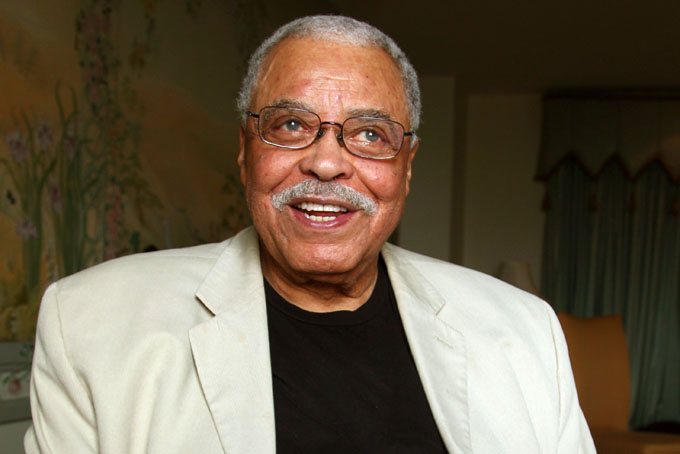
1931—Stage and screen actor James Earl Jones is born on this day in Tate County, Miss. Ironically, you cannot tell from his deep baritone voice today that he had a stuttering problem as a child.
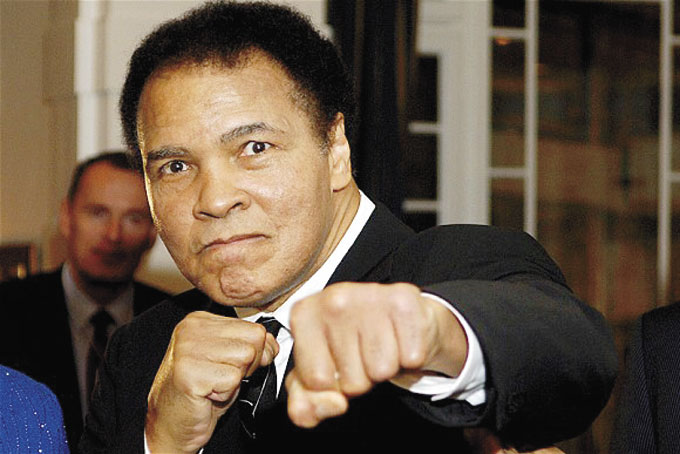
1942—Boxing legend Muhammad Ali is born on this day in Louisville, Ky.

1856—Daniel Hale Williams is born in Hollidaysburg, Pa. He became a pioneering surgeon and is generally credited with performing the first open heart surgery. He was a strong advocate of the emerging antiseptic and sterilization procedures of his day. He believed that many patients died or became ill in the hospital because of a lack of cleanliness. Williams’ open heart surgery which occurred July 10, 1893 when he repaired a knife wound to the chest of James Cornish. The operation was a success and Cornish lived another 20 years.
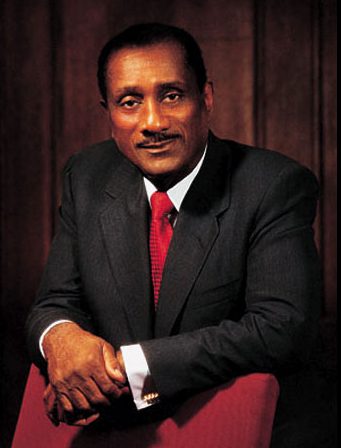
1918—The founder of Ebony and Jet magazines, John H. Johnson, is born on this day in Arkansas City, Ark. Shortly after the death of his father, Johnson’s mother moved the family to Chicago where Johnson attended high school during the day and read self-help books at night, laying the intellectual and motivational foundation for the eventual building of his publishing empire. Interestingly, among Johnson’s classmates at Chicago’s DuSable High School were Nate King Cole, Redd Foxx and future businessman, William Abernathy.
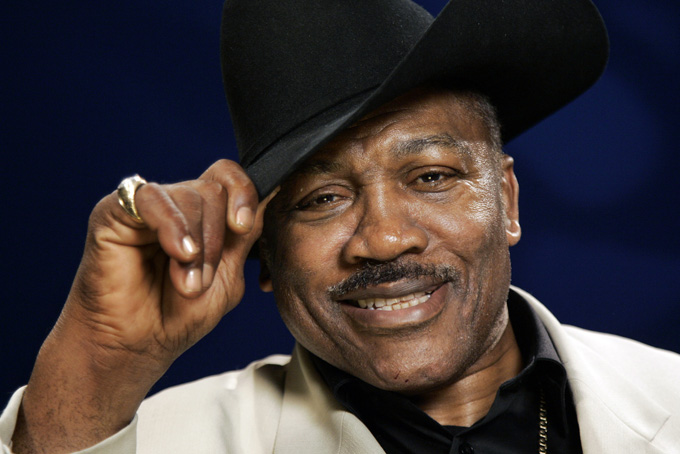
1944—Boxer Joe Frazier is born in Beauford, S.C. His fights with the legendary Muhammad Ali have become boxing classics.
1960—Basketball great Jacques Dominique Wilkins is born in Paris, France.
1971—The Congressional Black Caucus is first organized on this day in 1971.
1900—Black North Carolina Congressman George H. White introduced legislation to make lynching any American a federal crime. But opponents allowed the bill to die in committee and it never came up for a vote. It is estimated that 105 Blacks were lynched that year.
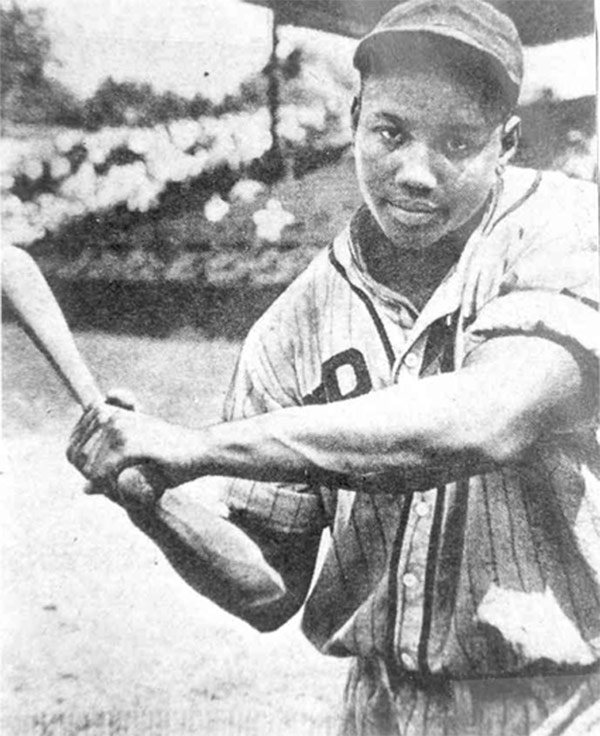
1947—Josh Gibson, perhaps the most famous and outstanding athlete to play in the old Negro Baseball League, dies on this day in 1947.
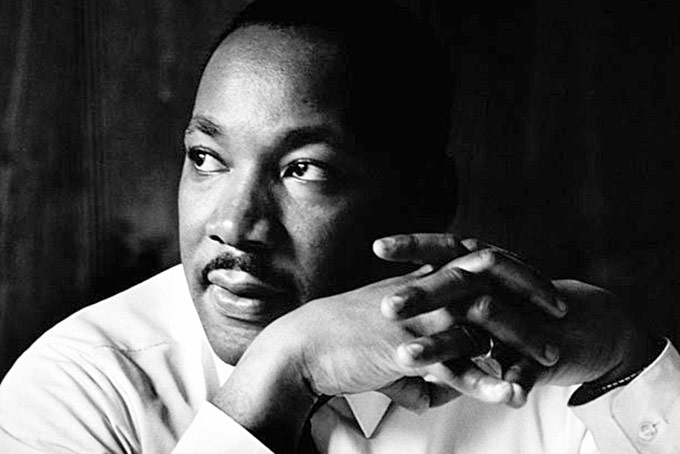
1986—The first national holiday in honor of civil rights legend Dr. Martin Luther King Jr. is celebrated.
1773—Poet Phyllis Wheatley, born in 1753, was freed on this day in 1773. Kidnapped in Africa and sold as a slave when she was only seven years old, Wheatley would become Black America’s first poet. She grew up in a prosperous Boston family that allowed her to learn to read. She not only mastered English but also excelled in Greek and Latin. Her first book of poetry received rave reviews in the United States and Europe.
1906—Pioneer Black aviator William Brown Chappell is born.
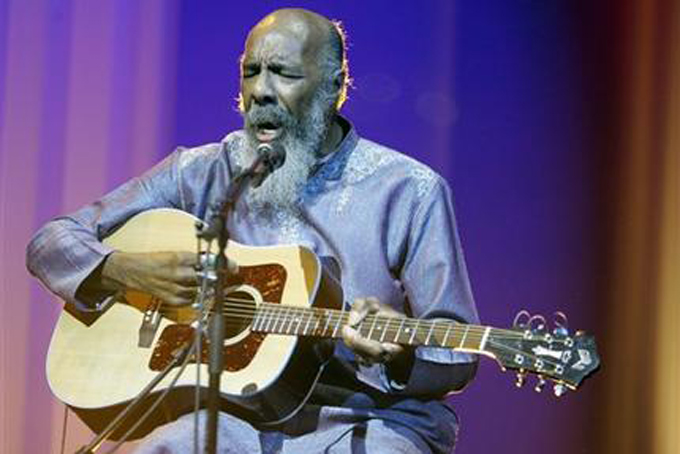
1941—Singer and political activist Richie Havens is born.
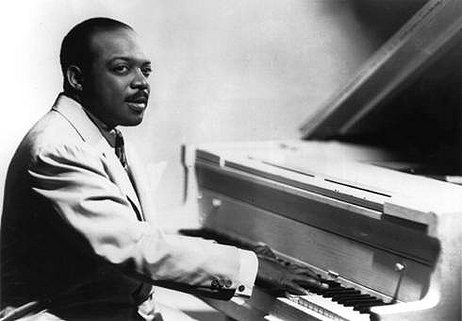
1942—Big Band leader Count Basie and his Orchestra recorded their famous “One O’clock Jump” for Okeh Records in New York City.
1950—R&B performer Billy Ocean is born.
1963—Former professional basketball great Hakeem Olajuwon is born in the West African nation of Nigeria.
1971—Twelve members of the Congressional Black Caucus boycotted President Richard Nixon’s State of the Union Address to protest his refusal to meet with them or address issues of concern to African Americans.
1822—“From slavery to wealth” is the phrase that best describes the story of Barney L. Ford, who was born into slavery on this day in 1822 in Stafford Court, Va.—the product of a Black woman and a plantation owner. He was raised on a plantation in South Carolina but with the aid of the “Underground Railroad” he escaped and headed west through Chicago (where he met his wife) to the gold fields of California where he was denied the right to stake a claim because he was Black. After being cheated by a shady lawyer, he headed to the Denver, Colo., area and in time built a barbershop, a restaurant and then a fine hotel. He also built a hotel in the Central American nation of Nicaragua. Despite obstacles and setbacks such as racists bombing his hotel, Ford kept bouncing back and over time became one of the wealthiest and most influential men in Denver. After 1860, he used his influence to fight for Black rights in Colorado.
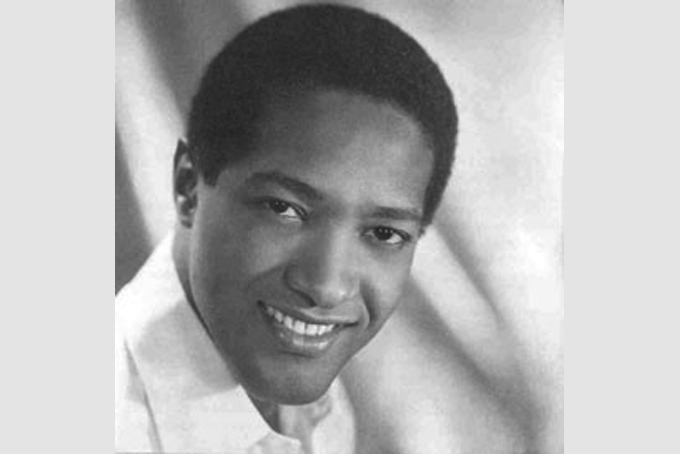
1931—Sam Cooke is born in Clarksdale, Miss. He is considered by many as “The Father of Soul Music.” The son of a minister, Cooke began his career with a gospel group known as the Singing Children. He then became a member of the famous Soul Stirrers. When he switched to secular music, he combined gospel and the blues to produce soul. Among his best known hits were “You Send Me,” “Everybody Loves the Cha Cha Cha,” and “Twisting the Night Away.” He was shot and killed as a result of a misunderstanding involving a woman at a Los Angeles motel in 1964.
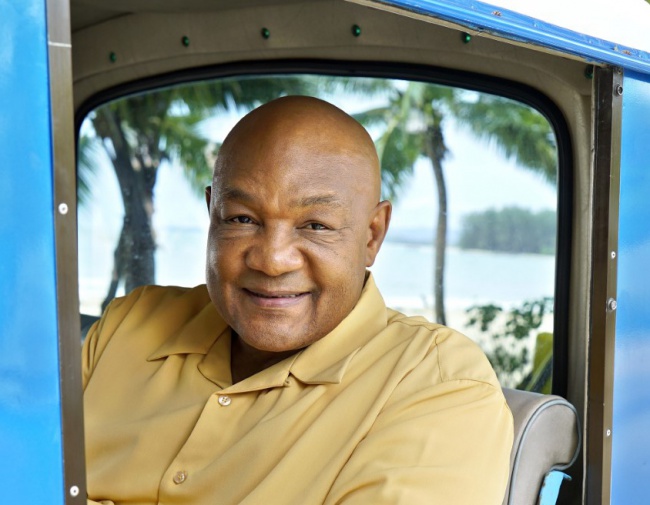
1948—Two-time heavyweight boxing champion George Foreman is born on this day in Marshall, Texas.
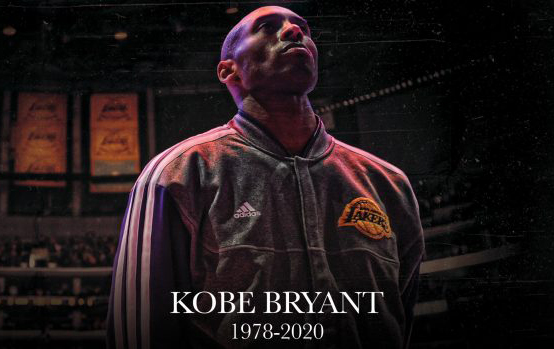
2006—Kobe Bryant of the Los Angeles Lakers scores 81 points in a 122 to 104 victory over the Toronto Raptors. The score was the second highest by a single player in the history of the National Basketball Association.
1821—Minister Lott Cary leaves the United States with a group of freed slaves to establish a colony on the West African coast. In so doing, the group lays the foundation for the establishment of the nation of Liberia. Cary became acting governor of the settlement in August 1828, but died accidentally in November 1828. Nevertheless the colony survived even though it had to fight off attacks from native Africans and slave traders. Liberia became an independent republic in 1847. In 2006, it elected its first female president.
1891—Pioneering Black surgeon, Dr. Daniel Hale Williams, helped found Provident Hospital in Chicago, Ill. The hospital became one of the main teaching and training facilities for Black doctors and nurses who had frequently been denied entrance to White-owned medical facilities. It was also at Provident in 1893 that Williams achieved international fame by becoming the first American surgeon to perform open heart surgery.
1964—The 24th Amendment to the U.S. Constitution is ratified. It abolished the poll tax, which had been used in many Southern states to prevent Blacks from voting. Interestingly, the Republican-controlled legislature in Georgia in 2006 passed a voter identification law that many Blacks complained was no more than a poll tax in disguise.
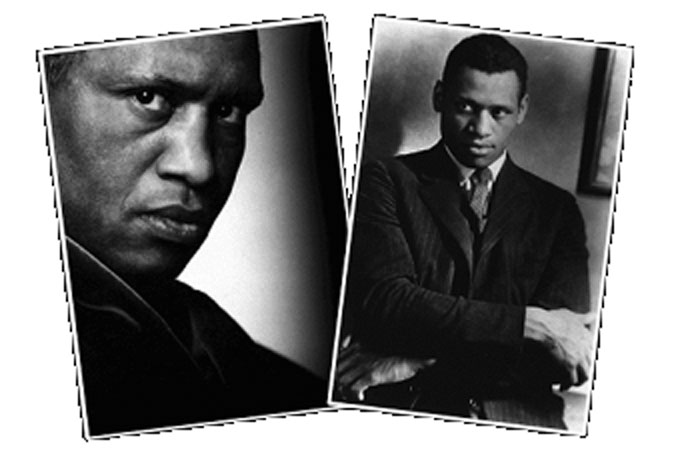
1976—Paul Robeson, perhaps the greatest combination of actor, singer, athlete and political activist ever produced by Black America, died on this day in Philadelphia, Pa. During his life Robeson not only achieved a brilliant career on stage and in early movies but was also an ardent fighter for Black rights and socialist causes. As a result he was the target of a massive government campaign of disruption and character assassination.
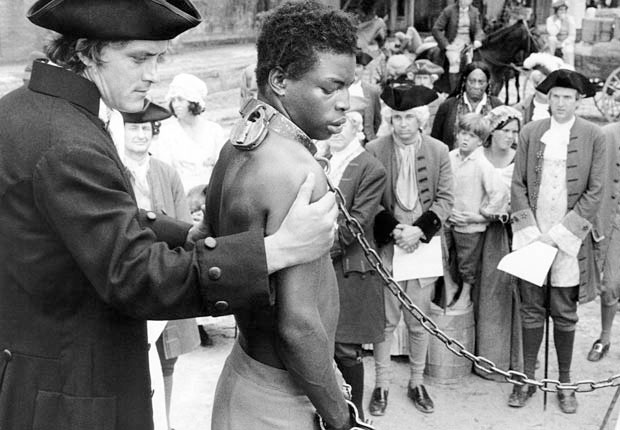
1977—The highly acclaimed television mini-series “Roots” begins airing on ABC. “Roots” received 37 Emmy Award nominations and won nine. It received unprecedented Nielsen ratings for the finale, which still holds a record as the third-highest-rated U.S. television program. The series introduced LeVar Burton in the role of Kunta Kinte and was based on a novel by Alex Haley who also wrote the “Autobiography of Malcolm X.”

